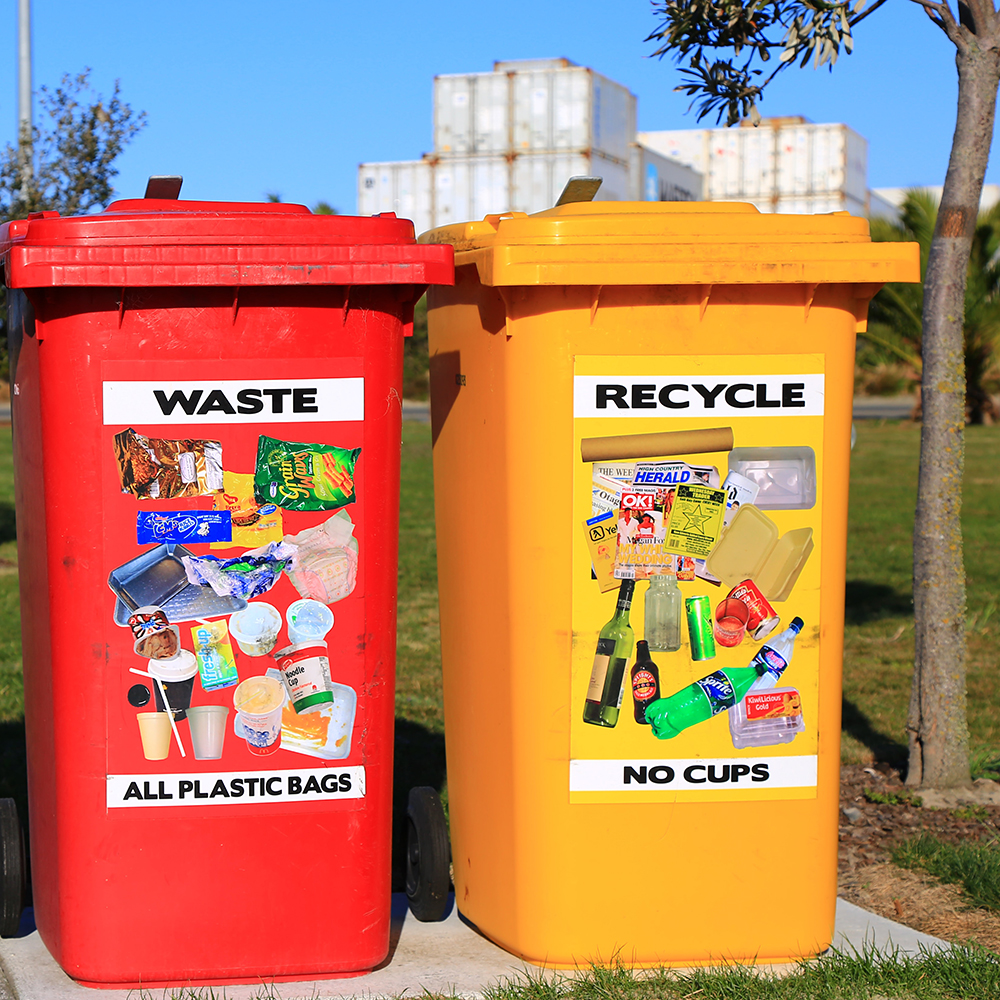Golden State policymakers seem to fear the strangest things. While they constantly go on about how they’re going to solve the housing crisis, end homelessness, fight crime, restore previous generations’ quality of life and steady an economy that has a shaky outlook, they don’t appear to be moved by the issues that most concern Californians because those problems continue to fester. Instead they ratchet up the intensity on matters that are not existential threats. Such as plastic bags.
Single-use plastic bags were banned in most California stores a decade ago. Customers who had become accustomed to being asked “paper or plastic?” at retailers that have pharmacies, grocers, convenience stores, food marts and liquor stores were all told that the only options were either reusable plastic bags or recycled paper bags – and they would cost 10 cents each.
Backlash led to a 2016 ballot initiative, Proposition 67. A “yes” vote upheld the 2014 law, Senate Bill 270. The referendum passed with 53% of the vote.
But this is California, so there can never be enough prohibitions. With that apparently in mind, lawmakers want to ban the reusable plastic bags that replaced the single-use bags. A couple of pieces of legislation have been “created to plug a loophole,” reports CalMatters.
Lawmakers and activists are terrified by plastic bags because they end up in “our landfills … our oceans, it goes into all, everything we eat,” says Democratic Sen. Catherine Blakespear of Encinitas, a joint author of Senate Bill 1053.
Nobody wants to see plastic bags where they shouldn’t be. But is outlawing them the best way to reduce the rubbish out there? Why not aggressively enforce litter laws on the books and expand litter awareness programs, which are effective?
Maybe because bans are always good for a grand political and media splash.
The concern about landfills being heavy with plastic bags is overblown. That’s what landfills are for, and they are no longer rancid city dumps but modern marvels. According to the Environmental Protection Agency, today’s landfills are “well-engineered,” “designed to protect the environment from contaminants” and regularly monitored. They must also “meet stringent design, operation and closure requirements.”
Banning plastic bags is a curious position to take by lawmakers who have convinced themselves that by cutting carbon dioxide emissions they can control global temperature as if they’re adjusting a thermostat in their living room. Research more than suggests that they legislated first then declined to ask questions later. A recent paper published in Environmental Science and Technology found that “Replacing Plastics with Alternatives Is Worse for Greenhouse Gas Emissions in Most Cases.”
The abstract acknowledges that “plastics are controversial due to their production from fossil fuels, emissions during production and disposal, potential toxicity, and leakage to the environment,” and that “calls to use less plastic products and move toward nonplastic alternatives are common.”
“However, these calls often overlook the environmental impacts of alternative materials.”
The researchers looked at the greenhouse gas emission “impact of plastic products versus their alternatives” and assessed “16 applications where plastics are used across five key sectors: packaging, building and construction, automotive, textiles, and consumer durables,” which “account for about 90% of the global plastic volume.”
The results: “In 15 of the 16 applications a plastic product incurs fewer GHG emissions than their alternatives.”
In a direct comparison between single-use plastic and paper bags, the latter “have three times the production emissions of” plastic bags “due to the higher raw material usage and transportation emissions.” When end-of-life and double-bagging are calculated, the greenhouse gas emissions from paper bags versus plastic “widen further to five times.”
Plastic bags also have a more favorable end-of-life climate impact than paper when both are discarded in landfills. As it turns out, paper that is landfilled “results in significant methane emissions” while “plastics remain almost completely inert in the ground.”
Quite a few consumers, at least the 6.3 million who voted to overturn SB 270 in 2016, would be relieved if lawmakers admitted their mistake and legalized single-use plastic bags again. The best guess here, though, is that willful blindness will continue to override reasonable legislating.
Kerry Jackson is the William Clement Fellow in California Reform at the Pacific Research Institute.

